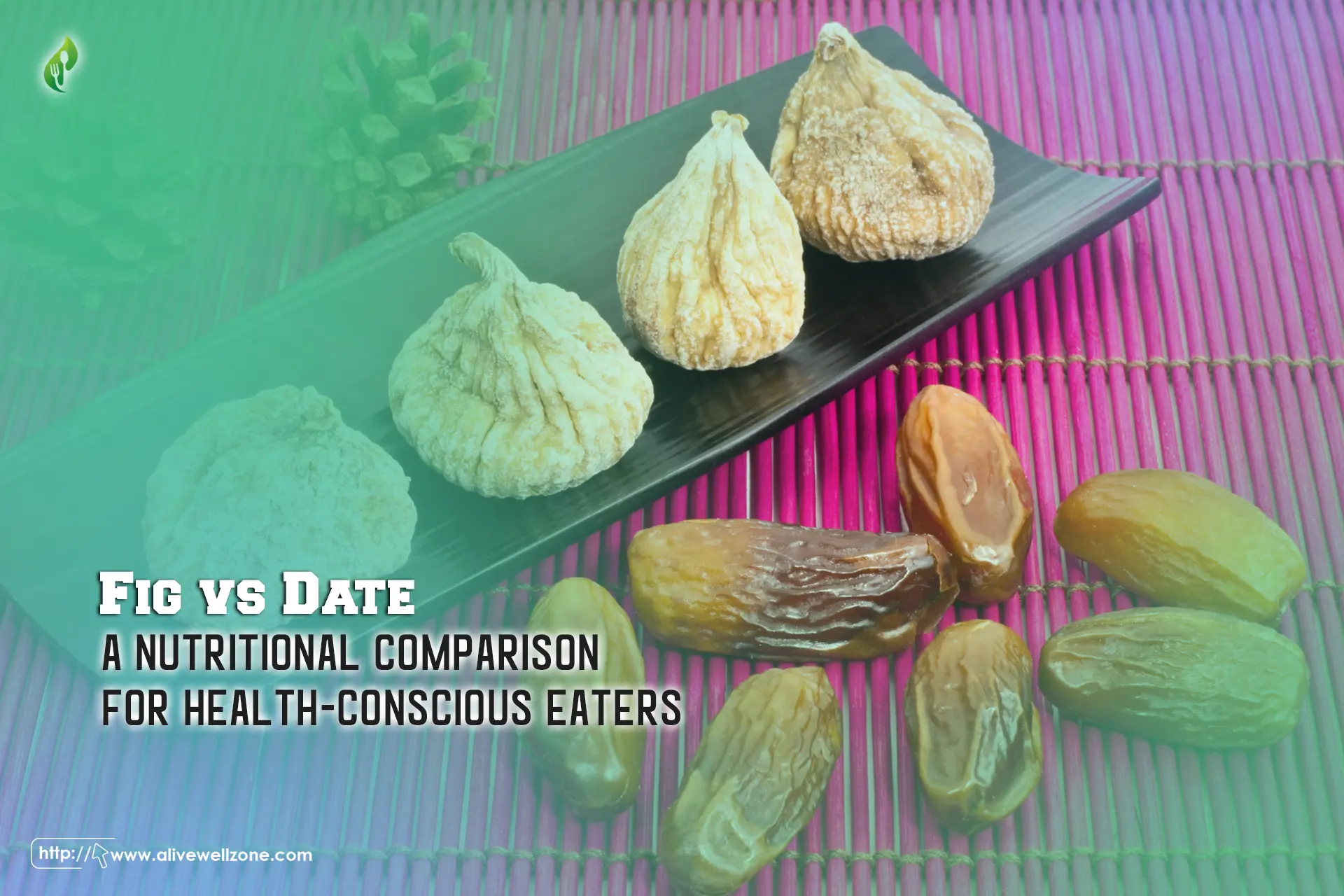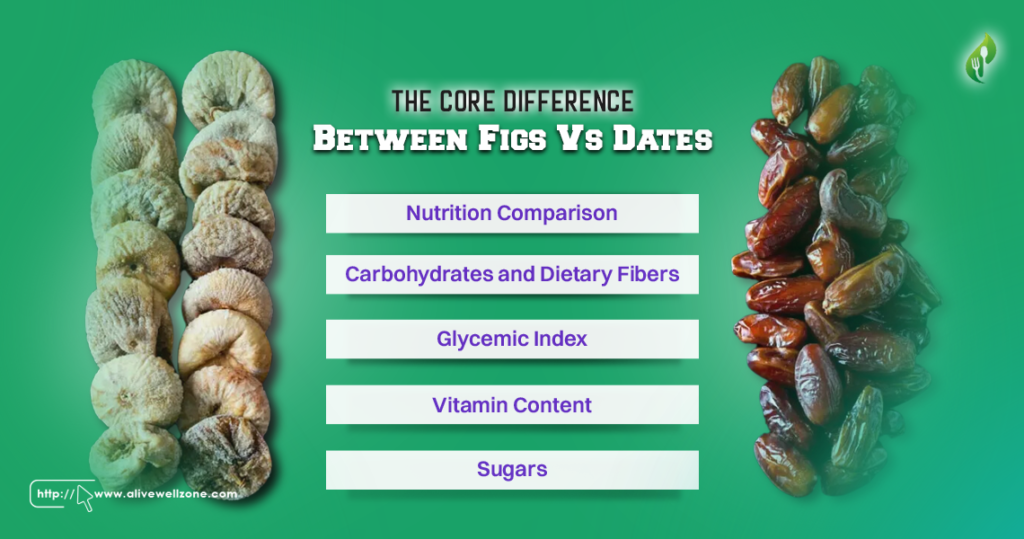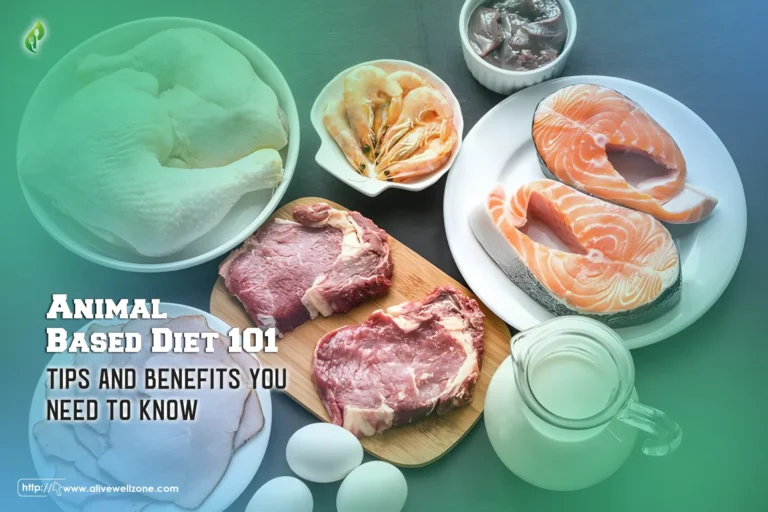
Last Updated on December 3, 2024 by Helena Akter
Craving something sweet, yet nutritious? Well, you can taste figs or even date. But when it comes to fig vs date, which is healthier when you have an insatiable sweet tooth? While both are sweet, dried fruits loaded with nutrients like fiber, potassium, and various antioxidants, there are some key differences.
Figs, lower in carbs, are keto-friendly and good for digestion. On the other hand dates, high in fiber, support brain health and natural labour. Both differ in calorie content and storage needs, making them distinct yet valuable dietary choices.
Stick with us as we’ll break down the fig and date showdown in detail. From health benefits, calories, carbs, and sugar content to vitamins, we’ll cover them all.
What Are Figs?
Figs are one of the earliest fruits ever cultivated. Originating from the Middle East, specifically areas now known as Iran and Iraq, figs have a rich history. They were a staple for ancient Greeks, Egyptians, and Romans.
Nowadays, they are grown in various parts of the world, including the Mediterranean, Middle East, California, and some Asian regions. Figs flourish in warm, sunny climates with soil that drains well.
Origin of Figs
As we’ve already mentioned figs have a long history, being one of the first fruits ever grown by people. They originated in the warm regions of western Asia and the eastern Mediterranean, an area known for its rich history.
The fig tree, part of the mulberry family, has been around since ancient times, closely connected with cultures around the Aegean Sea and the Levant. Evidence from archaeological sites in the Lower Jordan Valley shows that people were cultivating figs as far back as 9400–9200 BC, in a place called Gilgal.
Besides, these fruits were highly valued in ancient writings, including the Bible, where they represented fertility, peace, and wealth. Figs have continued to be an important part of our diet, helping us remember that food is a connection with our ancestors.
What are the Health Benefits of Figs?
Following are some of the major advantages you can get from eating figs.
- Digestive Health: Figs are high in fiber, acting like a natural probiotic and laxative. This fiber feeds beneficial gut bacteria and aids in regular bowel movements, removing the need to wonder are dates or figs better for constipation.
- Blood Pressure Control: The fiber in figs helps balance sodium-potassium levels, which can lower blood pressure.
- Antioxidant Power: These fruits are loaded with polyphenols, antioxidants that protect cells from damage and reduce disease risk.
- Weight Management: Their fiber content also helps you feel fuller for longer, aiding in weight control. It can be a great addition to your diet to lose weight.
- Bone Health: High in calcium, figs support strong bones and reduce the risk of osteoporosis. This makes figs a smart choice for those considering dates and figs benefits in their diet.
What are Dates?
Dates are a type of stone fruit, meaning they have one seed surrounded by tasty flesh, similar to peaches and mangoes. They grow on date palm trees in large clusters and are one of the oldest known fruits.
In fact, date fossils dating back 50 million years have been discovered, and it’s believed that early humans ate wild dates long before they started farming them.
Origin of Dates
Dates have been around since ancient times, making them one of the first fruits ever eaten by people. They come from the date palm tree and have been a key part of diets for thousands of years, especially in the Middle East.
In these desert regions, dates were more than just food; they were vital for survival, offering nutrition in places where it was hard to find anything else to eat. Plus, their role was important not just for eating but also in society, being part of cultural and religious events as symbols of welcome and community.
As trade spread dates around the world, they became loved by many different cultures, including Egyptians, Greeks, and Romans for their flavour and health benefits. We still eat dates today, connecting us to our ancestors’ traditions and history.
What are the Health Benefits of Dates?
A few of the benefits of eating dates are listed below.
- Brain Health: Dates are packed with antioxidants like anthocyanins and ferulic acid, which may reduce the risk of dementia and Alzheimer’s disease.
- Heart Health: These are one of the top heart-healthy foods. In fact, eating dates can lower triglyceride levels and reduce oxidative stress. They both are linked to heart disease and atherosclerosis (fatty deposits in arteries).
- Digestive Relief: The insoluble fibers in dates aid digestion and can alleviate constipation. They’re also beneficial for treating digestive issues like gastroesophageal reflux disease.
- Aiding Natural Labor: Research suggests that pregnant women who consume dates have an easier time with labour. Eating six dates daily for four weeks before labour might reduce the need for labour induction.

- Strong Bones: Dates are rich in calcium, potassium, and phosphorus, essential minerals for maintaining strong and healthy bones.
Fig vs Date: A Comparison Chart
Figs and dates are both popular fruits known for their sweet taste, but they have several distinct differences. You can use this comparison chart to understand their differences.
| Aspects | Fig | Date |
| Botanical Family | Moraceae (mulberry family), Ficus genus, specifically Ficus carica | Arecaceae (palm family), Phoenix dactylifera (date palm) |
| Texture | Soft and slightly chewy texture | Sticky and chewy texture |
| Appearance | Teardrop-shaped, colours vary (green, purple, brown) | Smaller, elongated,Wrinkled skin when dried,Smooth and shiny when fresh, |
| Seed | Jelly-like interior with tiny seeds | Single large seed |
| Flavor Profile | Subtly sweet, a mix of berry-like and honey flavours, with a slight earthiness | Much sweeter, intense caramel-like flavour |
| Nutritional Content | Lower in calories, high in dietary fiber, vitamins A, K, B, potassium, calcium, magnesium | Calorie-dense, high in natural sugars, magnesium, potassium, copper, dietary fiber, antioxidants |
| Culinary Uses | Used in salads, cheese platters, desserts, jams (fresh figs), baked goods, cereals (dried figs) | Natural sweetener in baking, smoothies |
| Growing Regions | Thrives in temperate climates; common in the Middle East, Mediterranean, California | Requires hot, arid climates; commonly cultivated in North Africa, the Middle East, and parts of the United States (California, Arizona) |
The Core Difference Between Figs Vs Dates

When comparing fig versus date, it’s helpful to look at their health benefits and nutritional values. Let’s break these down in a simple way.
Nutrition Comparison
We’re comparing the nutrients in 100 grams of both fruits. Keep in mind, that a typical serving of dates is one date (7.1g), and for figs, it’s one medium fig (50g).
Carbohydrates and Dietary Fibers
Figs have fewer carbs (19.18g) compared to dates, which have 75g per 100 grams. Dates are higher in dietary fibers, with 8g per 100 grams, compared to 2.9g in figs.
Glycemic Index
Figs have a medium glycemic index of 61, meaning they have a moderate impact on blood sugar levels. Dates, with a glycemic index of 36, affect blood sugar levels less and are considered low-glycemic foods.
Vitamin Content
Looking at the vitamins in 100 grams of each —
Dates have 0.4mg of Vitamin C, 0.165mg of Vitamin B6, 0.59mg of Vitamin B5, 19 mcg of Folate, and 2.7 mcg of Vitamin K.
On the other hand, Figs contain 2mg of Vitamin C, 4.7 mcg of Vitamin K, 142IU of Vitamin A, and 6 mcg of Folate.
Sugars
Dates are also higher in sugar, containing 63.35g per 100 grams, while figs have 16.26g.
Figs vs Dates: Which is Healthier?
When it comes to choosing between fig versus date for health benefits, there’s no outright winner. Both are nutritious in their own right, but your choice depends on what you’re looking for.
Figs
If you need a fruit lower in carbohydrates and suitable for a keto diet, then figs are the better option. They have fewer carbs compared to dates.
Dates
If you’re not on a strict carb limit and looking for a sweet treat packed with fiber, dates might be your go-to choice. They’re higher in carbohydrates but also rich in dietary fibers.
In essence, if you’re watching your carb intake, opt for figs. But if you’re after a fiber-rich snack and not concerned about carbs, dates are a great choice. Both fruits offer unique health benefits.
Hence, they can be a valuable addition to a list of something good to eat.
Conclusion
In our journey of exploring fig versus dates, we’ve uncovered that both fruits have their unique strengths. As we look ahead, it’s clear that the choice between figs and dates isn’t just about taste, but also about what you need nutritionally.
If you’re watching your carb intake, we recommend figs as they have fewer carbs. For those seeking a fiber-rich option, dates are a great choice. We believe that understanding these differences can help you make more informed decisions about your diet.
Remember, whether it’s figs or dates, incorporating these nutritious fruits into your diet can lead to a healthier lifestyle.
Figs Vs Dates FAQs
Are figs keto-friendly?
Figs aren’t exactly keto-friendly. They contain fewer carbs than dates, with about 19g of carbs per 100g serving, compared to dates which have around 75g.
Are dates keto-friendly?
Dates are not suitable for a keto diet at all. Just one Medjool date packs 18-20g of carbs. After subtracting the fiber, you’re left with about 16g of net carbs.
Are Dates And Figs The Same Thing?
Figs and dates are not the same, though they share more similarities than differences. Both are incredibly sweet fruits that have been enjoyed for thousands of years. They’re commonly used as natural sweeteners in various dishes and are popular worldwide.
However, they differ in aspects like calorie count, nutritional value, and how long they can be stored.







